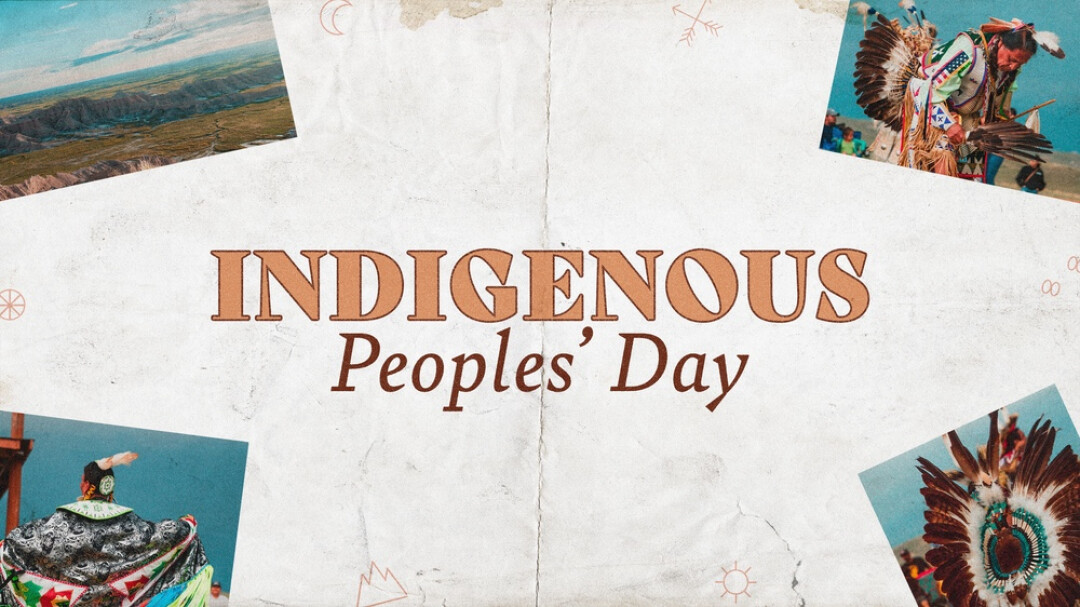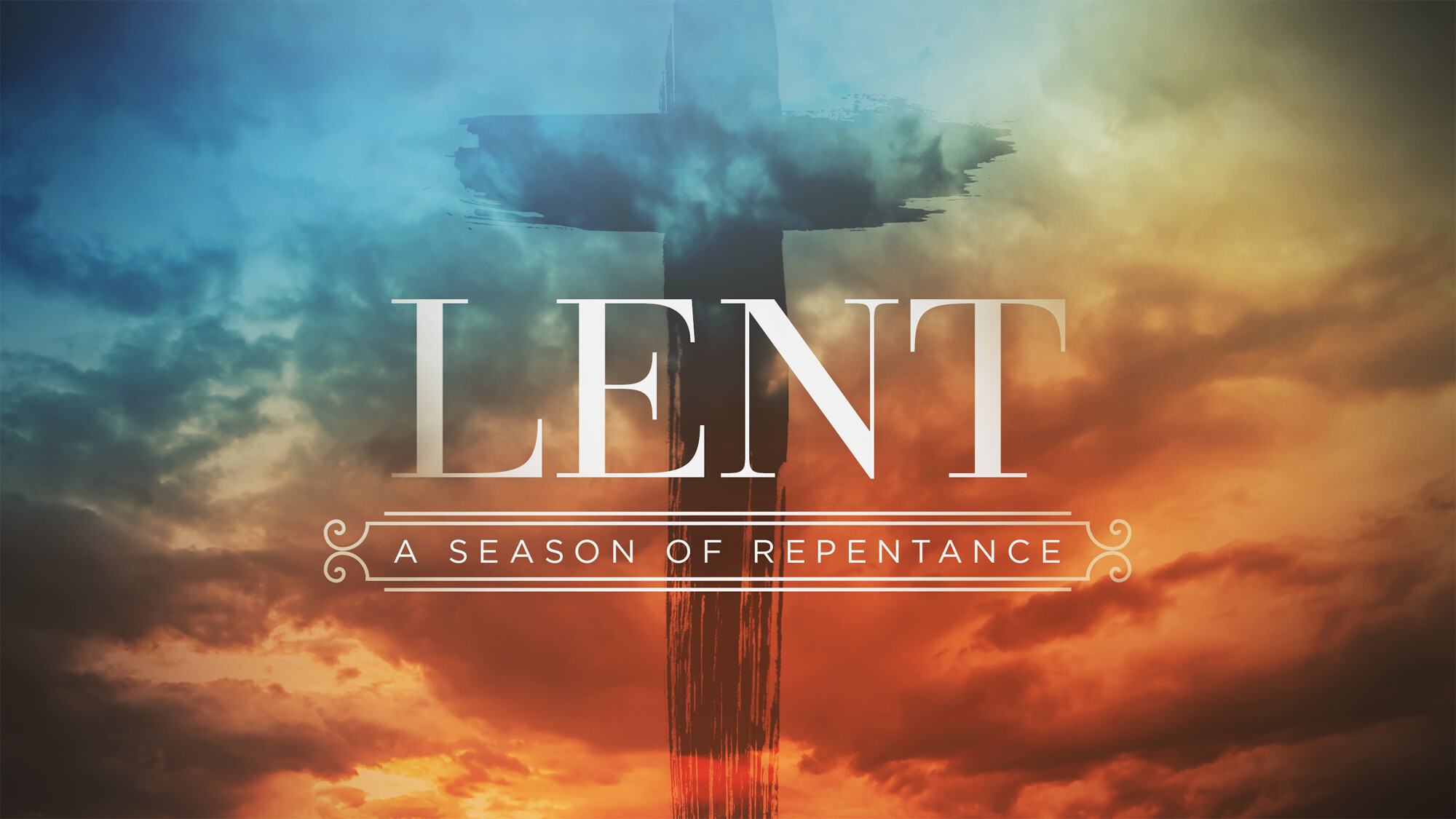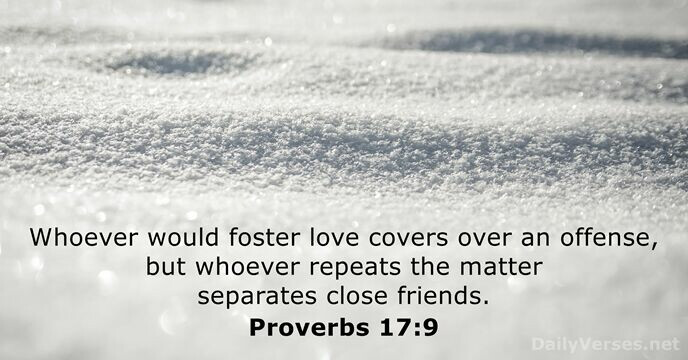
Within the United Methodist Church (UMC), there is a significant movement to replace the observance of Columbus Day with Indigenous Peoples Day, recognizing the harm Christopher Columbus's arrival caused to Native peoples.
This effort is part of a broader UMC commitment to reparations and healing for historical injustices, with various conferences and organizations within the church actively calling for the federal recognition of Indigenous Peoples Day and creating liturgy to celebrate Native cultures and traditions instead.
Background and Rationale
- Act of Repentance: Many within the UMC view the continued celebration of Columbus Day as a perpetuation of systemic injustices against Indigenous communities, a legacy of settler colonialism and the Doctrine of Discovery.
- Call for Change: The Native American International Caucus, a United Methodist group, has advocated for ending Columbus Day and supporting bills that would make Indigenous Peoples Day a legal public holiday.
- Church Action: Several United Methodist conferences, such as the Upper New York Annual Conference and the Baltimore-Washington Conference, have officially resolved to stop recognizing Columbus Day and instead promote Indigenous Peoples Day.
Key Initiatives and Actions
- Replacing the Holiday: Local churches and conferences are re-purposing the holiday to honor Native peoples.
- Liturgy and Worship: The church provides resources, such as liturgical services, for celebrating Indigenous Peoples Day.
- Advocacy: United Methodists are also involved in advocating for truth and healing, including supporting initiatives like the Truth and Healing Commission on Indian Boarding School Policy.
- Campus Ministries: United Methodist campus ministries and student groups have successfully pushed for the renaming of Columbus Day to Indigenous Peoples Day at universities and in cities, like Oklahoma City.
Moving Forward
- The shift within the UMC reflects a broader societal trend of moving away from honoring Christopher Columbus and a greater emphasis on recognizing Indigenous history and culture.
- By celebrating Indigenous Peoples Day, the church seeks to acknowledge its own complicity in past and present systems of oppression and to continue working toward repentance, healing, and justice for Native communities.
(Login/Register to leave a comment)


